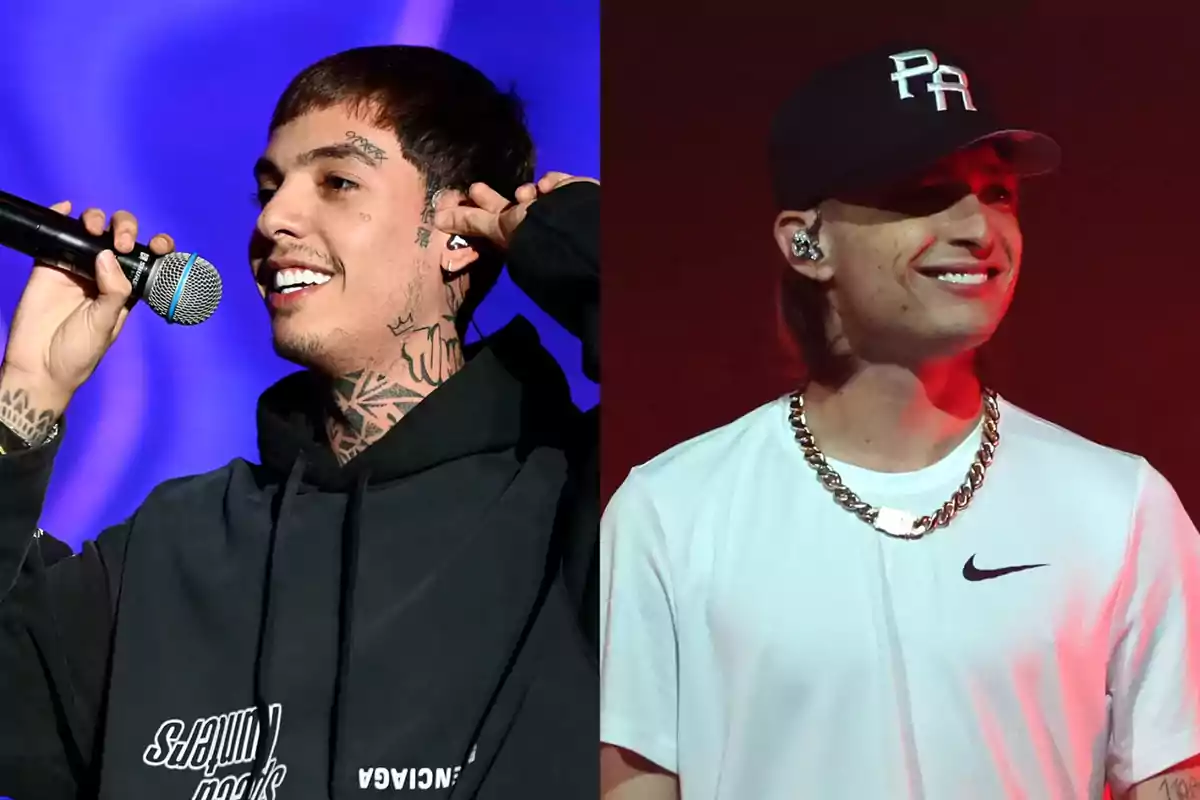
Peso Pluma and Natanael Cano could lose their visas over narco-corridos
Donald Trump's administration has intensified its offensive against any form of advocacy for organized crime
In the last two and a half months, the U.S. governmenthas revoked more than 800 visas, for reasons of national security. Among those affected are not only students and foreigners from countries labeled as "risky," but now also artists of the musical genre known as narcocorrido.
One of the most emblematic cases is that of the band Los Alegres del Barranco, whose visas were canceled after showing images of Nemesio Oseguera, "El Mencho," leader of the CJNG. For the U.S. authorities, these actions are more than mere artistic acts: they represent, according to them, a form of indirect support to criminal organizations.
This stance is part of a strategy of "zero tolerance" against any promotion, support, or symbolic representation of criminal or terrorist groups. The message is clear: any link with illicit activities, whether real or perceived, can have serious consequences, including the loss of access to the country.
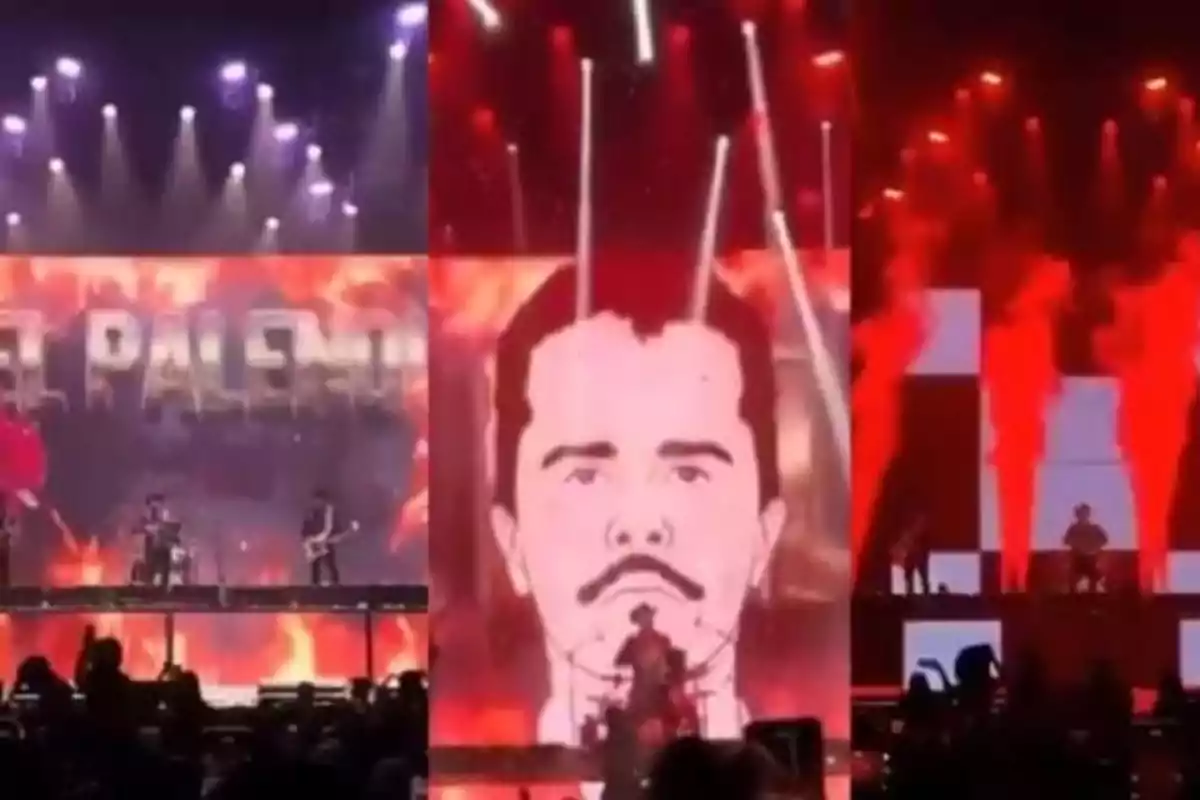
Popular artists in the spotlight.
Performers like Peso Pluma, Natanael Cano, GrupoFirme, Edgardo Núñez, Jr. Salazar, and La Barranqueña de Mazatlán are under surveillance by U.S. authorities due to the content of their songs.
Although the revocation of visas for all of them hasn't been confirmed, the threat is latent. Experts in the field warn that it could trigger a domino effect in the music industry.
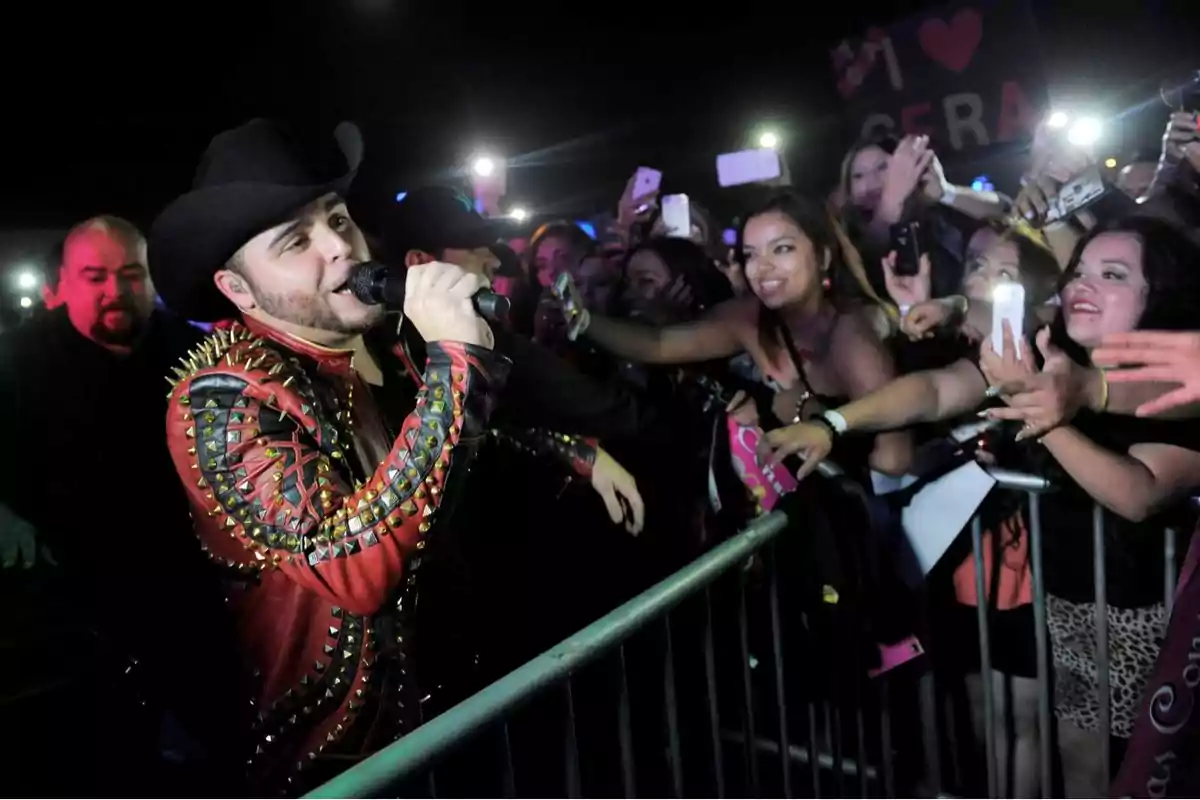
Narcocorridos narrate the life and "feats" of organized crime figures and have been pointed out for years as a form of glorification of violence. However, they have also been used by intelligence agencies as an unexpected source of information.
In a recent case, the arrest of Mario "N," alias El Piyi, chief hitman for the son of "El Chapo," was facilitated thanks to the lyrics of a song by Luis R. Conríquez and Tito Doble P, which included specific details of his activities.
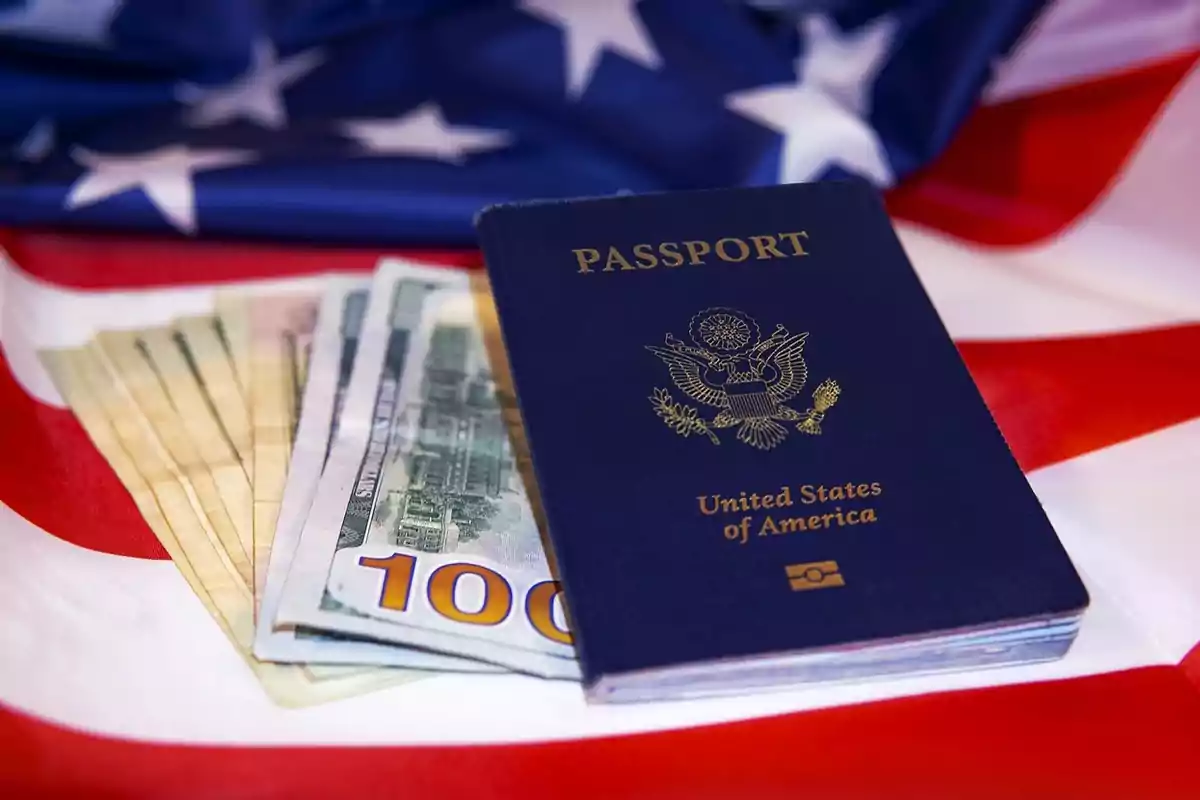
Freedom of expression or apology for crime?
The Trump administration has drawn a very fine line between art and apology for crime. While some defend music as a cultural expression, others see in these corridos a tool for normalizing violence and drug trafficking.
What is evident is that the Trump era has hardened the rules for Mexican artists. The message is clear: in the United States, singing about narcos can be costly.
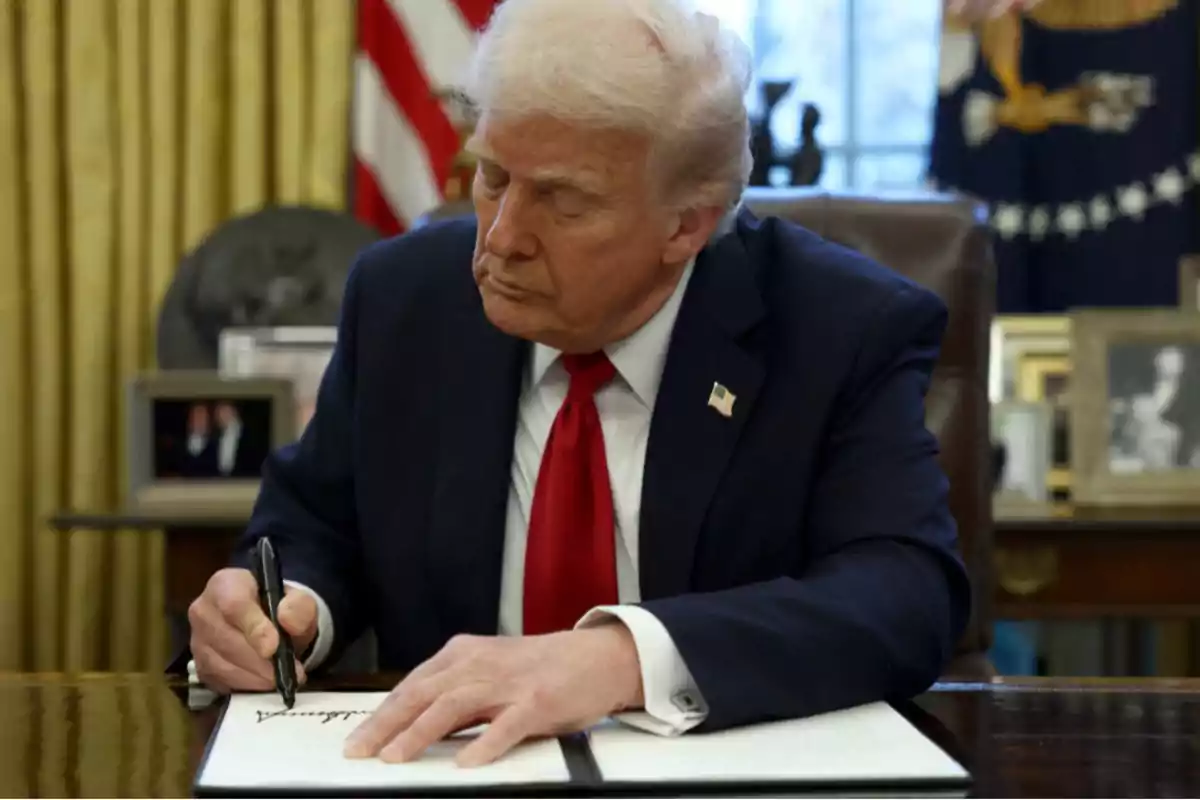
More posts: